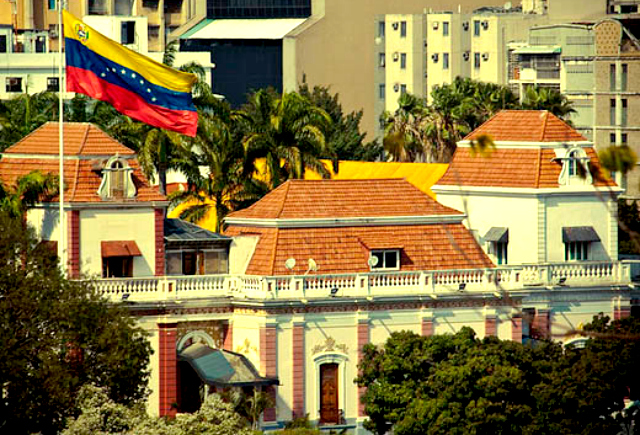All the power to the central government. Although Article 4 of the Constitution states that “the Bolivarian Republic of Venezuela is a decentralised Federal State,” the Constitutional Chamber of the Supreme Court joined Chavez’s plan to deprive governors and mayors from all their powers.
The country’s highest court endorsed the policy of late President Hugo Chavez to take away the powers and functions from state and municipal authorities. With presentation by Justice Luisa Estella Morales, the Supreme Court ruled on April 14, 2008 that Miraflores could reverse the transfer of administration of roads, highways, ports and airports, which were previously in the hands of the local authorities.
Thus, upon request of the State Attorney of the Republic on July 26, 2007, the highest entity of the Judiciary interpreted section 10 of Article 164 of the Constitution, which identifies as an exclusive competence of the states the “conservation, administration and use of national roads and highways, as well as commercial ports and airports, in coordination with the National Executive Branch.” Breaking the unanimity of the Constitutional Court, Justice Pedro Rondón Haaz abstained, speaking in favour of the powers of local governments in this area.
The ruling of the TSJ came in a very tense political moment for Chavez. On the one hand, he had just been defeated in the referendum on the constitutional reform, which attempted to do away with the decentralisation process and, instead, would lay the foundations of the “Communal State”. Also, the opposition could win in certain key states in the regional elections on November 23, 2008.
The decision of the judges also provided the guidelines for the reform of the Organic Law of Decentralisation, enacted by the chavista majority in the National Assembly on March 17, 2009. This legal instrument empowers the National Executive Branch to “reverse for strategic reasons, based on importance, suitability or convenience, the transfer of powers granted to the states.”
Extract of the judgment
this should be interpreted in the sense that only the states as territorial political entities may be subject to a territorial decentralisation on these matters, which does not exclude functional decentralisation or co-management, on goods and services originally owned by the Republic. (…) Thus, we should differentiate between the ownership of such goods and services (…) which can be attributed to the National Government through the Executive Executive Branch or any decentralised entity, or at state level on the same terms.”
